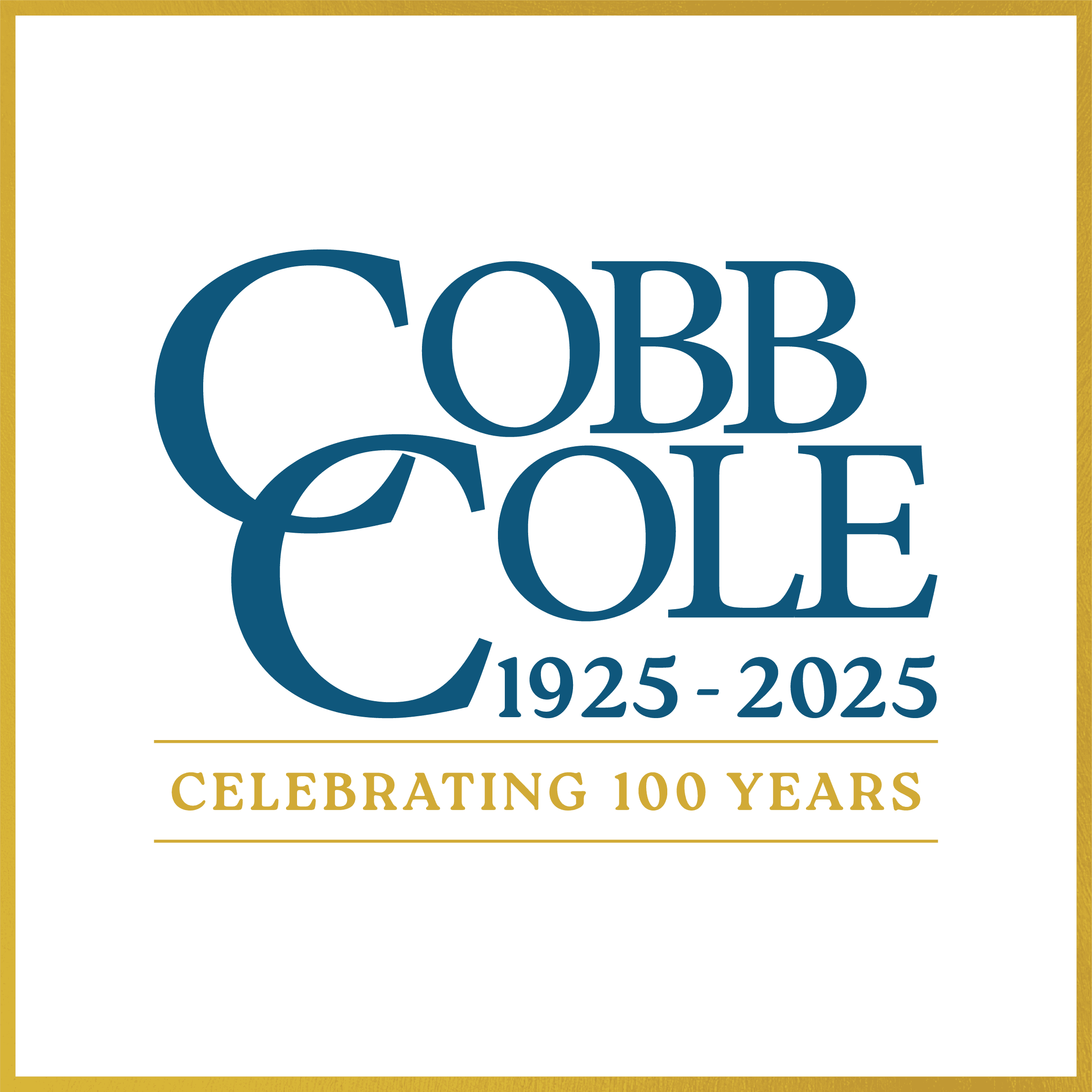An architect is hired to design a new office building for a property developer and demands total control over the project. The developer hires an experienced general contractor who wants shared authority. The architect then falsely accuses the contractor of poor performance, and the developer subsequently terminates the GC. Or a contractor intentionally persuades a subcontractor to break their agreement with a competing firm by offering a higher payment for the same services, resulting in the subcontractor abandoning the project mid-construction.
These examples might seem like everyday business practices, but they both potentially fall in the realm of contract interference, also referred to in Florida as tortious interference. While specific circumstances dictate any legally available remedies, when a third party’s actions break up an existing contract or business relationship, it’s worth considering if it constitutes tortious interference.
Cobb Cole’s construction law attorneys provide vital legal advice and guidance to general contractors, design professionals, and project owners, helping them deal with tortious interference with a contractual or business relationship and ensuring their rights are protected and upheld.
What is Contract Interference in Florida’s Construction Industry?
In Florida’s construction industry, tortious interference with a contract occurs when a third party intentionally disrupts a contractual relationship, causing one party to fail in fulfilling their contractual obligations. This legal issue often arises in the competitive and interconnected environment of construction projects and can take various forms, including:
- Inducing a party to breach a contract by persuading or coercing them to terminate or breach contractual obligations without valid justification.
- Preventing contract performance through actions that hinder or obstruct contractual duty performance by a party, such as creating delays, imposing unreasonable demands, or withholding necessary resources or information.
- Providing false or misleading information to one of the contracting parties, leading them to breach a contract or terminate a business relationship based on inaccurate information.
These and other actions breach ethical business practices and can lead to significant legal consequences for those who engage in such interference.
Construction Law: Legal Requirements for Proving Contract Interference
Florida construction law is specific in how tortious interference claims are managed. For instance, a plaintiff must prove:
- The existence of a contract.
- The defendant’s knowledge of the contract.
- Intentional and unjustified interference by the defendant.
- Breach or termination of the contract.
- Damages resulting from the interference.
Contract interference in Florida’s construction industry can also involve issues related to construction liens. The state’s Construction Lien Law provides a framework for placing liens on properties where services or materials were provided but not paid for, and interference in this process can be a legal matter.
Florida law allows for the recovery of economic damages in tortious interference cases. Depending on the specifics of the case, plaintiffs may also seek punitive damages if the defendant’s actions were willful, wanton, malicious, or in reckless disregard of the plaintiff’s rights.
Protecting Your Business from Contract Interference
Florida’s current legal environment underscores the importance of those in the construction industry having written contracts that explicitly outline all terms and conditions, limiting the potential for misunderstandings that could lead to contract interference claims.
Additional proactive measures can safeguard you against potential claims:
- Maintain strong, transparent communication with all parties involved in a contract, including regularly scheduled progress meetings. Document exchanges to help identify and address potential issues before they can escalate into interference situations.
- If you suspect interference, begin to keep detailed records of all instances of alleged interference and promptly express your concerns to other contracting parties in writing.
- Seek legal recourse when necessary. A qualified construction law attorney can evaluate the specific circumstances and determine any appropriate courses of action, including formal notices, negotiations, mediation, or litigation. Florida construction law emphasizes using alternative dispute resolution (ADR) methods as a less adversarial and more cost-effective alternative to litigation.
Potential remedies and resolutions available through the legal system include:
- Monetary damages
- Injunctive relief
- Contract termination
Other appropriate forms of compensation or relief typically depend on the specific circumstances and extent of damages caused by the interference.
The construction law team at Cobb Cole can play a vital role in helping you manage and resolve tortious interference claims. We’ll guide you through the complexities of contract law, advise on legal strategies, and represent your interests in negotiations or court proceedings, if necessary.
Contact us online or call 386-255-8171 to learn more or schedule a consultation.

